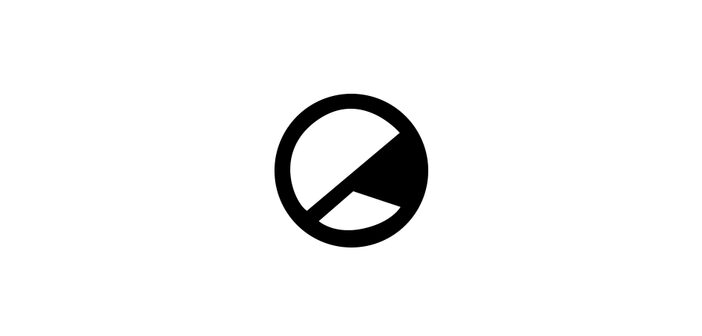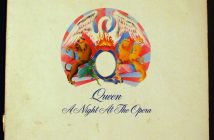In a decade bursting with iconic cinema, it should come as no surprise that Ridley Scott released Blade Runner thirty-six years ago on 25th June 1982.
Blade Runner stars Harrison Ford as Deckard, a blade runner employed to eliminate four escaped replicants (sentient androids) who stole a ship in space and have returned to Earth to find their creator. But Deckard’s resolve is tested when he seeks assistance from the Tyrell Corporation, where he meets a young woman who (unbeknownst to her) is a highly advanced replicant for whom he develops romantic feelings.
An adaptation of Philip K. Dick’s novel Do Androids Dream of Electric Sheep?, Blade Runner has been described as a classic example of dystopian science-fiction by contemporary critics. In line with science-fiction tradition, Scott’s film interrogates complex issues introduced by Dick such as the role of man in a machine world, our responsibility and the possibility of sentience in technology.
Although it was positively received by critics, audiences struggled to engage with the film and it earned only a respectable $32,868,943 in global box office receipts – barely a fraction of what Spielberg made with E.T. the same year.
Regardless, Blade Runner has cemented itself as a classic film. Its cult status has led to a series of cuts being released on home video, the most definitive of which is widely considered to be Scott’s ‘Final Cut’ (2007).
In many ways, Blade Runner is transcendent, continuing to resonate with today’s audiences in new and expanding ways, so much so that a sequel – Blade Runner 2049 – was released last year.
Watch the trailer for the original film below:




